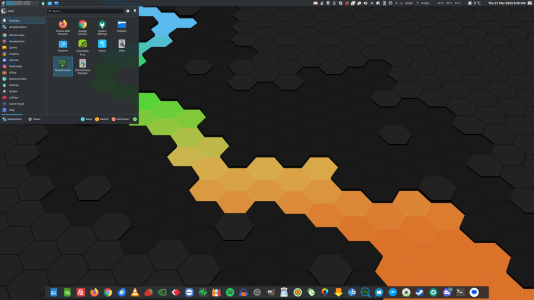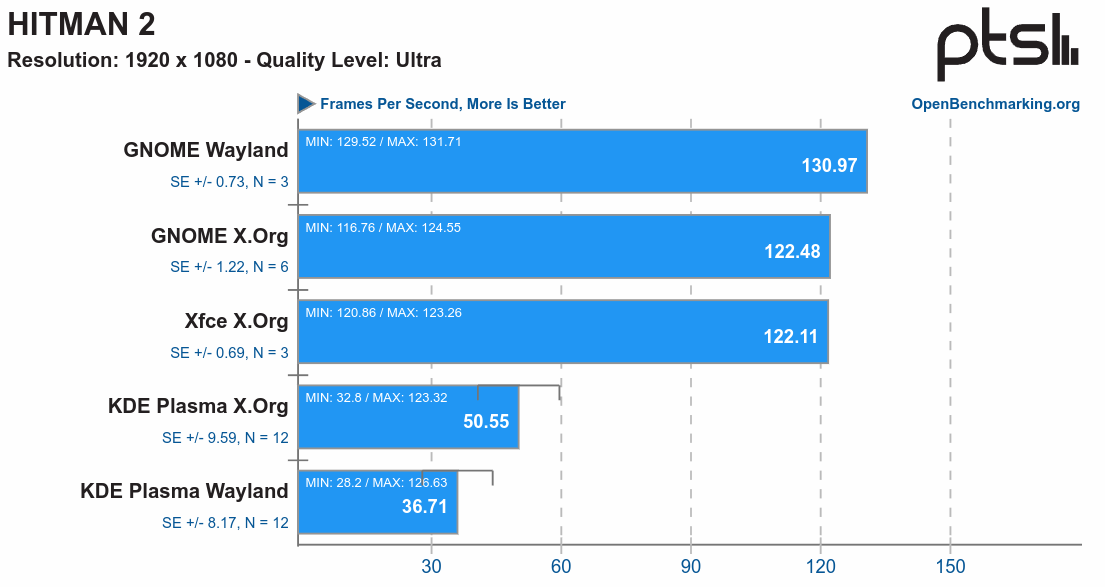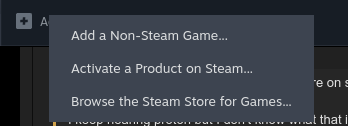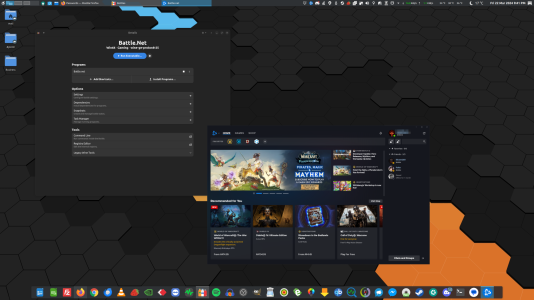The fact that apt isn't even recognized as a valid command isn't right. You can install it via dpkg, but perhaps ask the question as to what the problem might be here under the help section.Yeah. I figured it was better than the testing one as I just wanted to test plasma 6 at the time.
As can be seen, apt works perfectly here, and as far as I'm aware I'm running the exact same KDE Neon OS as yourself.
![[H]ard|Forum](/styles/hardforum/xenforo/logo_dark.png)



